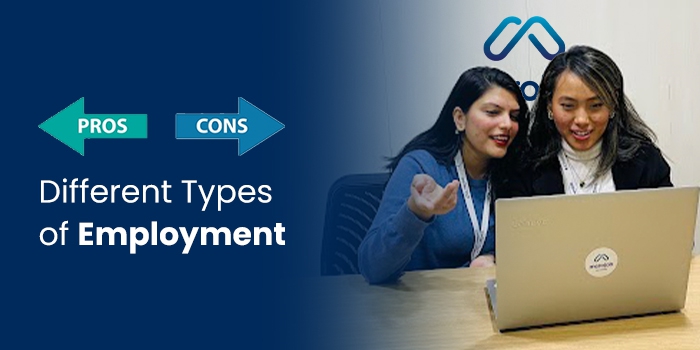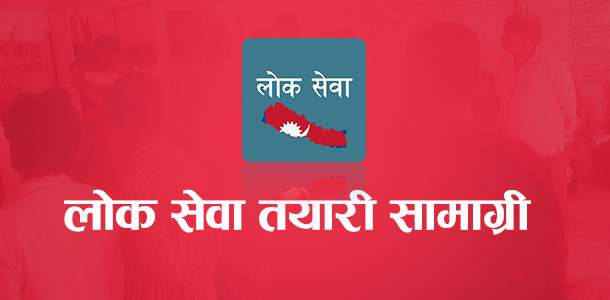Companies may not always need to employ staff permanently. Instead, it might be convenient for employers to engage employees based on their work requirements. Full-time workers used to be the most common type of employment. Now, businesses small or medium often have positions for regular, work-based, time-based, casual, and part-time employees.
There are different advantages and disadvantages to each type of employment. Being able to differentiate them is essential. Without having proper knowledge about it, it becomes difficult to decide which one is the best for an individual willing to work in the corporate world. Since, benefits, salary, and hourly pay may differ depending on the type of employment.
Regular Employment:


Regular Employment means employment other than work-based employment, time-based employment and casual employment. The employment is regular or not shall be determined as prescribed based on the nature of the work. Regular employment is most commonly full-time. Employees under probation period as well as those who hold the permanent position are considered “Regular employees”.
Pros:
Regular employees can enjoy benefits including holidays, paid leaves, and SSF or provident fund.
Regular employees have fixed salaries and are paid monthly.
Rather than having to wait for their shift or unexpected work hour, they have a fixed work schedule.
They have job security, as employers, must provide a valid reason for termination.
Cons:
Full-time regular employees require a 48-hour-per-week commitment, which leads to reduced flexibility. Therefore, it can be challenging to manage time for medical appointments or a child’s school events.
More hours along with additional responsibility can lead to job stress and burnout.
Work-based Employment:

As per the Labor Act, work-based employment means employment that the employer provides or has provided specifying any particular work or service for performance. Such employees are hired to provide a specific service.
Pros:
Can make more money per work, and have more control over their career path.
They are not tied down to one specific company and can choose work according to their skill set and interest.
Cons:
Once the work is completed, the work-based employees need to start looking for new work, of which there is no guarantee.
This type of employment does not provide job security as that of a regular employee, as well as the benefits that come with it.
Time-based Employment

Some companies give employees an option of time-based pay. In time-based employment, employers specify a certain period and condition the employee has to work.
Pros:
The employee will get paid for the work he/she puts in at a certain time. So they will get paid for additional hours of work as well.
Such types of employment can create flexibility for those who work multiple jobs.
Cons:
If the company cuts the work hour then the employee will not make enough money he/she had originally planned.
Little to no motivation to increase productivity as there is no provision to provide incentives.
Casual Employment:

Casual employment requires employees to provide any service or perform any work, for seven days or less within one month to their employer.
Pros:
Casual employees may work in multiple kinds of industries and learn new skills.
Since casual employees are not subjected to work with an employer forever, they have the option to explore other avenues.
Cons:
No guarantee of regular hours and no guarantee of steady income once the employment comes to an end.
No leave entitlements mean that if the worker has young children, having no leave access is a major drawback.
A casual employee may have to work at inconvenient and odd hours on very little notice.
Part-time Employment

Part-time employees include anyone that works thirty-five hours or less than thirty-five hours a week. Part-time is entitled to notice of termination if their employment is terminated.
Pros:
Short working hours could lead to better work-life balance.
Part-time employees can look for companies with good company culture without having to commit full time.
Cons:
Part-time employment may mean reduced benefits and vacation assurance.
Getting all the necessary work done during their short working hours can be challenging.
Employers may add work that is beyond their accomplishment limit.
If you are looking for employment of any type click here to explore jobs in any industry.












